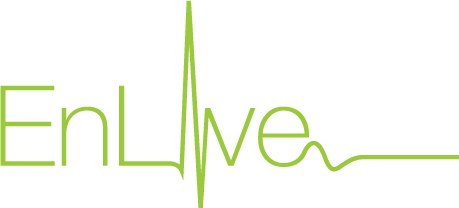Photo by Keira Burton from Pexels
There are surprising ways we as adults throw temper tantrums. It’s not hard to notice if you look at our workplaces. Very often these adult tantrums are tied to our personality styles.
Kid tantrums
What do you do when you don’t get what you want? When you grew up you had a period in your life known as the terrible twos. When you didn’t get what you wanted you cried. You yelled. You fell to the ground and pounded our fist.
This often didn’t work the way you wanted because your parents wouldn’t give in to your demands. Eventually you learned different ways of coping and this became your default approach to handling conflict.
Adult Tantrums
The problem is these are nothing more than adult tantrums. They have become a semi-acceptable way in your mind of reacting to not getting what you want. So instead of falling on the floor and yelling you consciously or unconsciously handle the people around you in the way that works for your personality type.
This happens all the time in the workplace. People with all kinds of different backgrounds and personality types come together and conflict is inevitable. It’s going to happen between bosses and their employees, between coworkers and between board members.
The Enneagram Diagnosis of Adult Tantrums
What I’ve found helpful as a tool to help navigate adult “tantrums” is a tool called the Enneagram. The Enneagram helps you identify the coping mechanism for your type. Over the years you have developed a pattern of how you deal with disagreement, conflict, and lack.
If you are a Type 1 you may handle conflict by stuffing your frustrations and holding in negative thoughts and emotions. Eventually these will leak out in subtle and not so subtle ways.
If you are a Type 2 you may handle conflict by trying to give to other people in order for you to get something in return. This bargain may not always pay off and your own needs may not be met. On the other hand people may feel manipulated by you and this further strains your relationships.
If you are a Type 3 you may handle conflict by not speaking your own truth. You may cover up how you really feel about something in order to look good to the people you are trying to impress. This may come back to haunt you later as you have not only deceived others but yourself.
If you are a Type 4 you may handle conflict by thinking no one understands you and being imprisoned in your own emotions. This won’t help people understand you and often becomes a self-fulfilling prophecy.
If you are a Type 5 you may handle conflict by retreating inwardly and not sharing how you really feel. The people around you may consider you aloof and not easily approachable. This impacts conflict as no one knows what you truly want and they do not feel any connection to you.
If you are a Type 6 you may handle conflict by overanalyzing the motives of others or your own motives and decisions. This will often lead to indecision and suspicion of other people’s true aims.
If you are a Type 7 you may handle conflict by running away from conflict because it doesn’t feel good. You may engage in all kinds of other activities instead of dealing with the critical issues right in front of you.
If you are a Type 8 you may handle conflict by showing how strong they are and fighting for what they want. This may not be the most helpful posture in working with the other types as it can push other people away or cause them to not be honest with you.
If you are a Type 9 you may handle conflict by seeking peace at all costs. This desire for harmony usually side steps conflict while it brews under the surface and costs the people around you and whatever organization a lot in terms of your contribution and sweeping critical things under the rug.
Stop the Adult Tantrums!
So are you having adult “tantrums”? Are these adult “tantrums” ruining the relationships in your workplace? As a leader, are your team members disconnected and find it hard to work together?
At Enlive we are dedicated to helping you and your team become more self aware and able to work together to achieve bigger goals than you could on your own. How do we do this? Through our Unpacking the Enneagram course. This is how it works:
Go to enliveleaders.com
Sign up for the Unpacking My Enneagram course where you will learn how to identify your type and the roadblocks that come from working with other people and how to navigate these roadblocks in your workplace
In the meantime you can download the free pdf Road Map To Self Aware Leadership so you can start becoming a more healthy and effective leader wherever you are on your journey.


